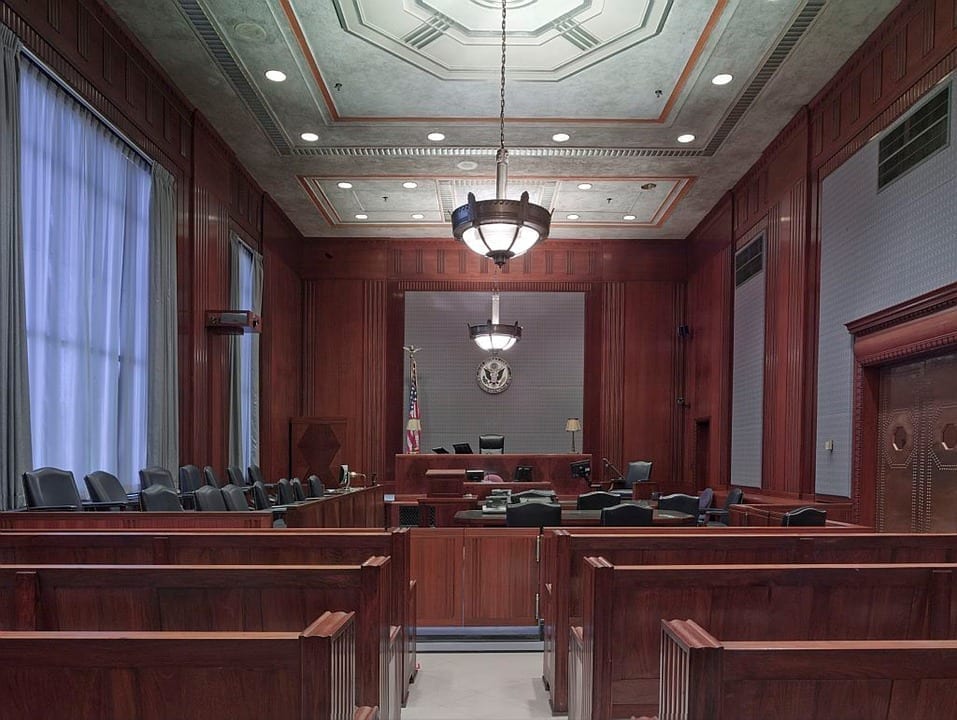A claimant will usually be permitted to enforce a claim for unjust enrichment simply when the money to be recovered was paid for an unlawful purpose.
Patel v Mirza [2016] UKSC 42 was a case concerning contract law and, most importantly, the long-established illegality doctrine. The illegality doctrine (also known as the illegality defense or under the latin maxim ex turpi causa non oritur actio – “from a dishonorable cause an action does not arise”) prevents a claimant from pursuing a claim if it arises from an illegal act on the part of the claimant. In Patel, the UKSC established a new approach to deciding whether a defendant can rely on the illegality defence.
The facts were that Patel gave Mirza £620,000 to place bets on a bank’s share prices with the benefit of insider information. Mirza expected his contacts to inform him of a government announcement about the bank, but they failed to do so. Thus, the intended betting did not take place, but Mirza did not return the money to Patel. Patel sued to recover the £620,000.

In High Court, the reliance test (established by the House of Lords in Tinsley v Milligan [1994] 1 AC 340), under which a claim would be barred if the claimant had to rely on the illegality to bring the claim, was applied. This approach had been criticised as arbitrary, uncertain and potentially unjust, and there had been calls from lower courts that the SC should reconsider the proper approach to the defence of illegality. The High Court held that, under the reliance test, Mr Patel’s claim was unenforceable since he had to rely on his own illegal act to establish it. The Court of Appeal overturned this, finding that the illegal agreement was not performed and could not be performed, which made it an exception from the reliance test. Mirza then appealed to the Supreme Court.
The Supreme Court established a new approach for deciding on the applicability of the illegality doctrine; this approach became known as the trio of considerations. It was established that courts should consider whether the public interest would be harmed by the enforcement of the illegal agreement, taking into account:
- Whether the purpose for which a prohibition had been transgressed would be enhanced by the denial of the claim;
- Any other relevant public policy on which the denial of the claim may have an impact;
- Whether denial of the claim would be a proportionate response to the illegality, bearing in mind that punishment is a matter for the criminal courts.
Lord Toulson wrote for the Court: “the public interest is best served by a principled and transparent assessment of the considerations identified, rather than by the application of a formal approach capable of producing results which may appear arbitrary, unjust or disproportionate.” The Supreme Court then found that, under this new approach, a claimant will usually be permitted to enforce a claim for unjust enrichment simply when the money to be recovered was paid for an unlawful purpose. In the present case, the claimant succeeded in his claim for recovery of money paid under an illegal contract which was not ultimately performed.
Since the Patel case, the Supreme Court has elaborated on when ex turpi causa applies and when the trio of considerations does. In Stoffel & Co v Grondona [2020] UKSC 42, it was held that engaging in mortgage fraud did not bar a claimant from bringing a claim against her solicitors for negligently failing to register forms transferring the property to her and releasing a prior mortgage. However, this new approach is not all-encompassing, as seen in Henderson v Dorset Healthcare [2020] UKSC 43; in this case, a person convinced of manslaughter by reason of diminished responsibility was barred from bringing a claim against a healthcare facility, whose negligence resulted in the killing.


Join the conversation!